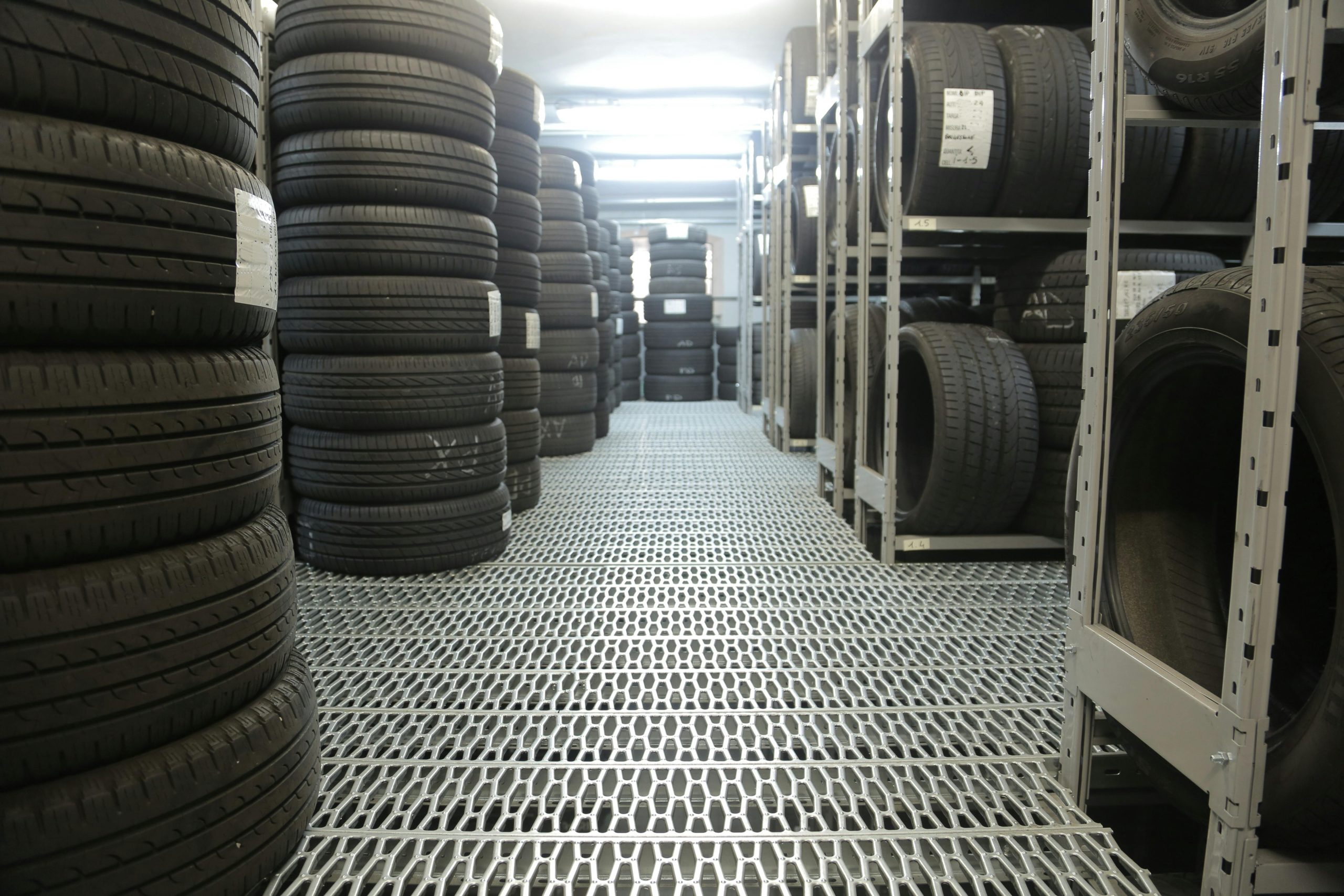Legal and Insurance Concerns After a Highway Accident with an Uninsured Trucking Company
Experiencing a minor traffic collision can be stressful, especially when the trucking company’s insurance status is uncertain. Recently, a highway incident highlighted the challenges of dealing with a commercial vehicle operator that may not have valid coverage at the time of the accident.
Incident Overview
While traveling on the highway, a truck merged unexpectedly over double solid lines, colliding with our vehicle. The resulting damages are estimated at approximately $11,000. The truck driver provided their insurance information, and a photo of the policy was taken for documentation. However, upon contacting the insurer, it was revealed that the coverage had been terminated two months prior to the accident.
Trouble with the Trucking Company
Efforts to speak with the trucking company’s management have been met with evasiveness; the driver’s supervisor instructed to call back when they are in the office and has since avoided further communication. A search through the Department of Transportation records shows that the only active policy linked to this company is with Geico Marine, a carrier known to sometimes be used in practices aimed at bypassing minimum insurance requirements for freight carriers—raising concerns about the company’s actual coverage status.
Further investigation reveals that the trucking firm filed their MCS-150 form, a registration document, just three days after the accident, possibly indicating attempts to update or move their registration.
Legal and Next Steps
Given these complications, the primary questions are:
- Is the trucking company intentionally delaying, hoping the incident will be forgotten?
- Should immediate legal action or formal notice via certified mail be pursued to recover damages?
- Would filing a lawsuit be the appropriate course of action?
Personal Insurance Considerations
The driver involved—my father-in-law—has comprehensive personal coverage but was operating under Uber at the time of the accident. He has not disclosed this to his insurance provider, and it’s unclear whether Uber’s insurance policy would cover such an incident, especially as it occurred during a ride.
Additionally, there is concern about whether other, undisclosed insurance policies could be in play, possibly complicating claims. Given the situation, I am hesitant to file a claim with our personal insurance for fear of potential policy cancellation or denial due to the ride-share status during the incident.
Advice on the Path Forward
Should I continue efforts to contact the trucking company, or is it prudent to involve legal counsel and send a formal demand letter? Would filing a lawsuit be



